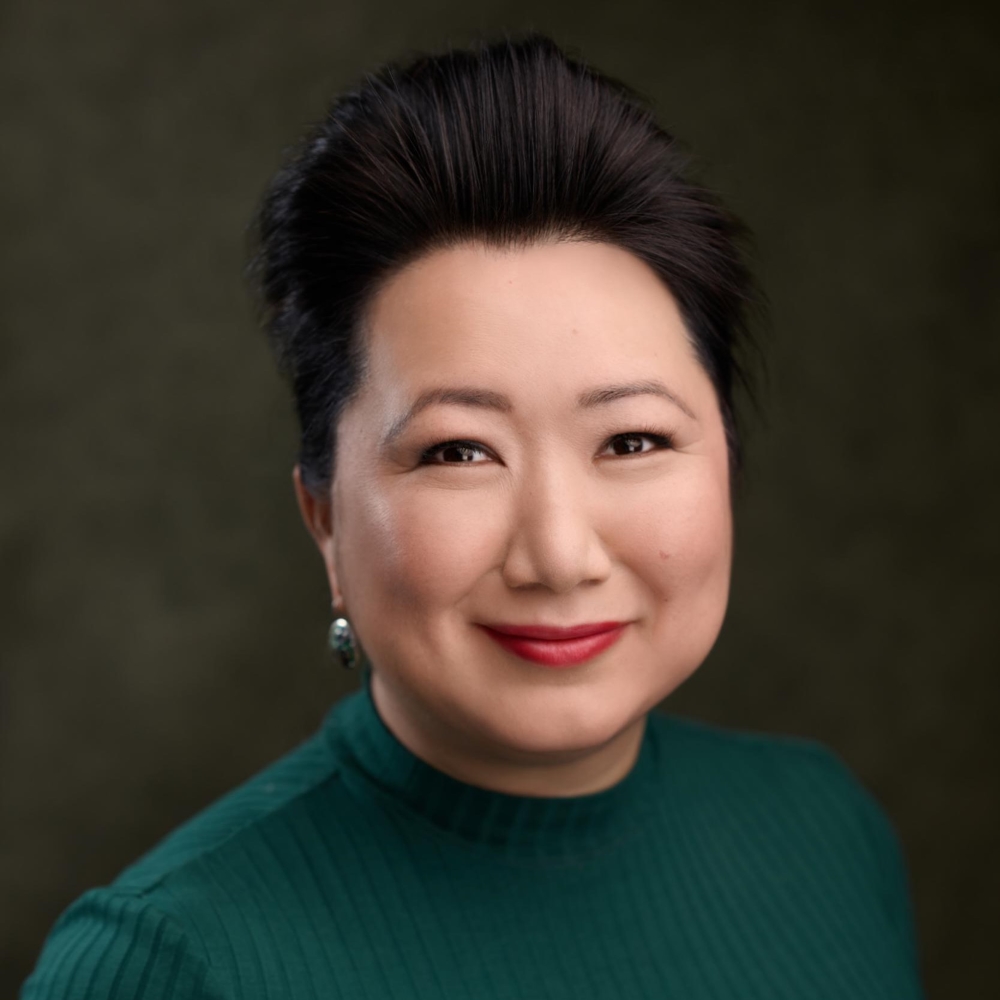Experts
Togzhan Kassenova

Nonresident Fellow, Nuclear Policy Program
About
Dr. Togzhan Kassenova is a nonresident fellow at the Carnegie Endowment for International Peace and a Washington, DC-based senior fellow with the Center for Policy Research, SUNY-Albany.
She is an expert on nuclear politics, WMD nonproliferation, and financial crime prevention. She currently works on issues related to proliferation financing controls, exploring ways to minimize access of proliferators to the global financial system.
Previously, Kassenova worked as a senior research associate at the University of Georgia’s Center for International Trade and Security in Washington, DC, as a postdoctoral fellow at the James Martin Center for Nonproliferation Studies, and as an adjunct faculty at the Monterey Institute of International Studies and George Washington University.
Kassenova holds a Ph.D. in Politics from the University of Leeds.
From 2011 to 2015, Kassenova served on the UN Secretary General’s Advisory Board on Disarmament Matters.
Kassenova is the author of award-winning Atomic Steppe: How Kazakhstan Gave Up the Bomb (2022), From Antagonism to Partnership: The Uneasy Path of the U.S.-Russian Cooperative Threat Reduction (2007), and Brazil’s Nuclear Kaleidoscope: An Evolving Identity (2014). Her latest publications include “Countering the Challenges of Proliferation Financing,” “Kazakhstan’s Nuclear History: Lessons for the Future of Disarmament,” and “Prospects for Nuclear Governance in Brazil.”
Affiliations
Areas of Expertise
Education
PhD, Politics, University of Leeds, MA, Euro-Asian Studies, University of Reading, MA, Financial Integrity, Case Western University, BA, International Studies, Almaty State University
Languages
English, Portuguese, Russian